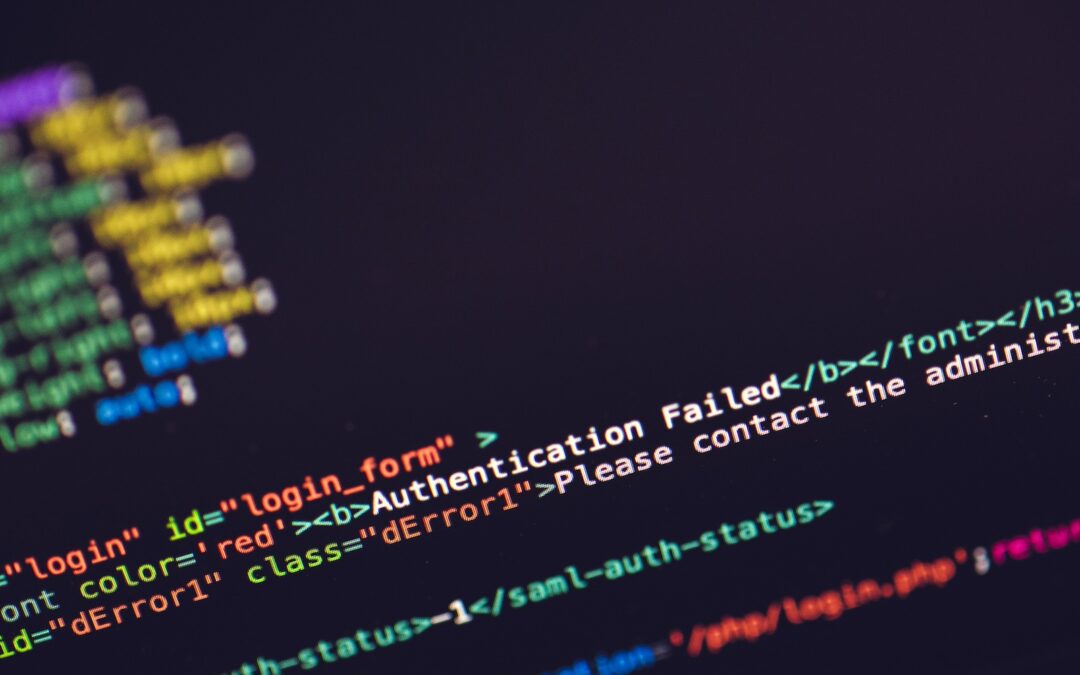In our digital world, keeping your information secure should be a top priority. One way to do that is through multi-factor authentication (MFA). Simply put, multi-factor authentication (sometimes called two-factor authentication) is the process of verifying your identity in an added step. So instead of just providing your username and password, you may be asked for a pin number or fingerprint. One of the most secure ways to conduct MFA is by using an app. It’s more secure than SMS-based, and it’ll just give you that added layer of protection.
Why is Multi-Factor Authentication Important?
Usernames and passwords are not secure enough to keep your information safe. MFA provides you with an added layer of security that is unique to you—whether it’s a pin number, an app you have to open, a fingerprint, etc., there are far fewer ways for cyber criminals to gain access to your information if it’s protected by multi-factor authentication.
Consider a Google account. If a cyber criminal figures out your username and password, he or she now has access to:
- Your email (and therefore any information stored in your email)
- Your calendar(s)
- YouTube
- Any accounts you use Google to log into
In 2017, Google admitted that hackers were stealing approximately 250,000 logins per week. That’s approximately 13 million web logins per year. And that was in 2017! Cyber criminals are far more sophisticated now, so that number could be exponentially larger.
So to put it simply, MFA is important because your information is important. Keeping your logins, financial information, account information, and any information you’re storing online secure is important.
Benefits of Multi-Factor Authentication
It Guarantees the Consumer’s Identity
Multi-factor authentication ensures that your identity stays not only secure, but also confirmed. It makes sure that you are the only person gaining access to your account and information. Cyber criminals have a harder time gaining access to your information with MFA since the added layer of protection is typically sent to your phone or an app.
It Decreases the Chance of Security Breach
(Not so) fun fact: over 80% of cyber breaches happen due to weak or stolen passwords. If one factor of your identity or information has been breached—like your password—multi-factor authentication helps prevent a further cyber breach. Multi-factor authentication is typically something you have, not something you know (unless it’s a PIN)—so it’s typically an app on your phone, or a digital or physical token.
It Secures Your Files
Whether you’re using MFA to secure your personal files, or your employees are required to use it to keep work files secure, it can help keep those files secure! Multi-factor authentication is especially helpful when it comes to sharing your files with third parties. It simply ensures that whoever is accessing these files is authorized to do so. Don’t leave your security to chance—make sure your files are stored securely and only give access to those you trust. MFA can help ensure the information in your files is safe.
It Meets Regulatory Compliance
If you work in the healthcare industry and have to apply to HIPPA regulations, multi-factor authentication helps you stay compliant when it comes to protecting patients’ privacy and sensitive information.
Stay Secure
Whether it’s protecting your personal information, work information, or patient information, multi-factor authentication can help keep you (and your information) safe. You can’t leave your security—especially in the technology space—to chance. Keep yourself and your information safe by implementing multi-factor authentication wherever you can!


